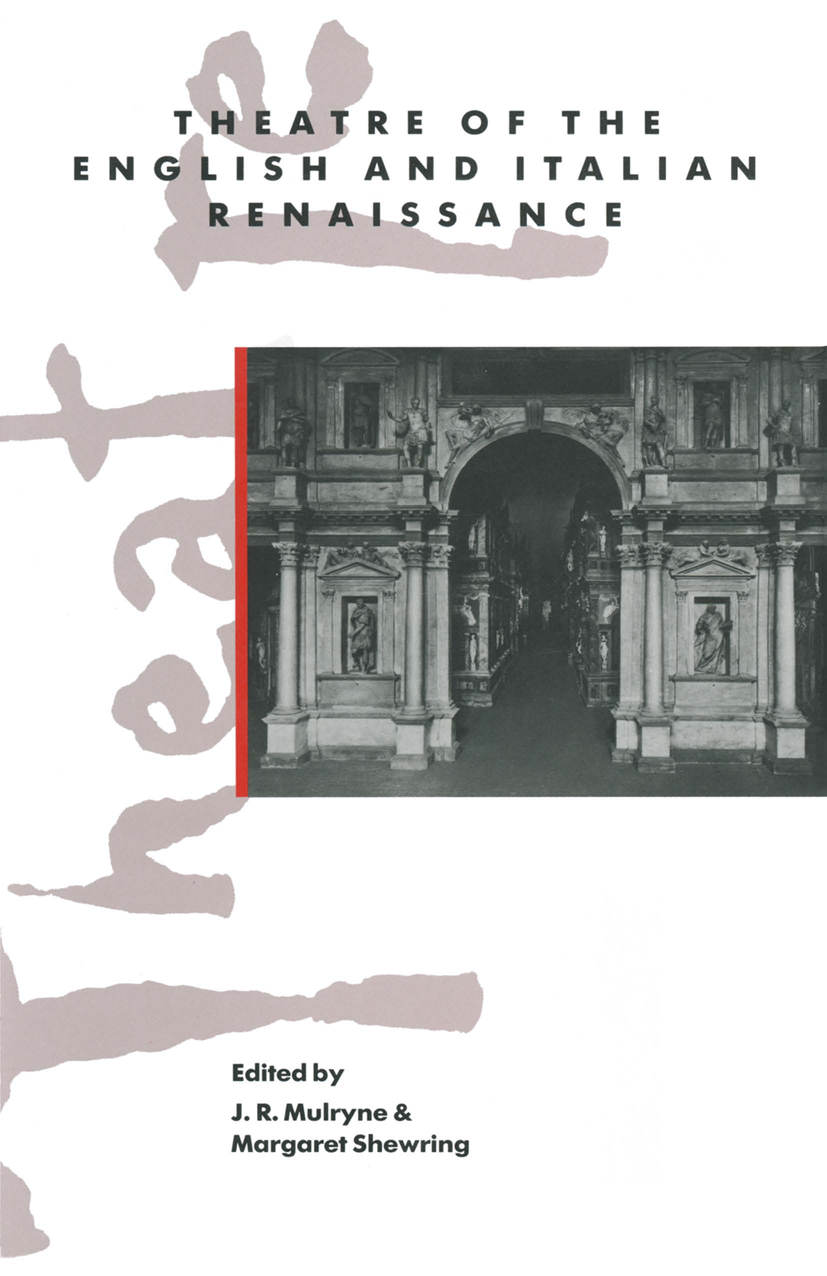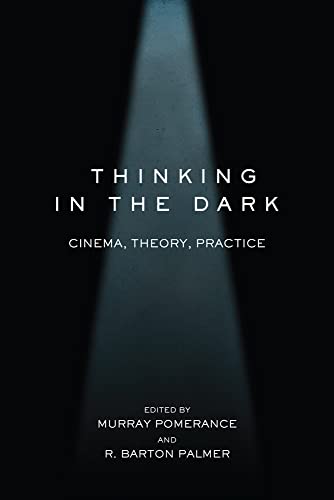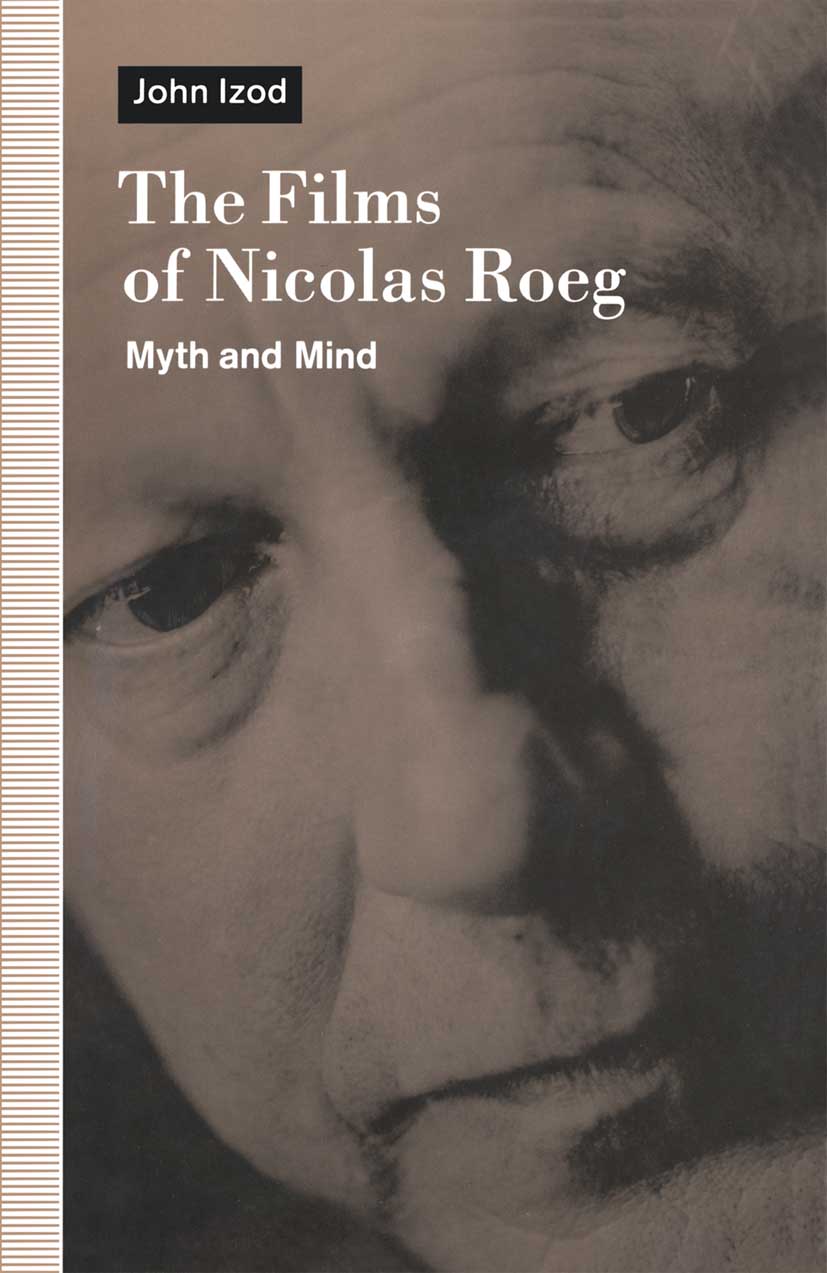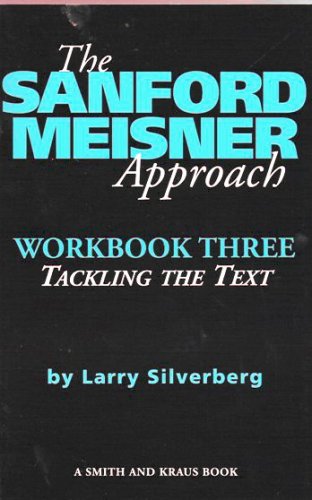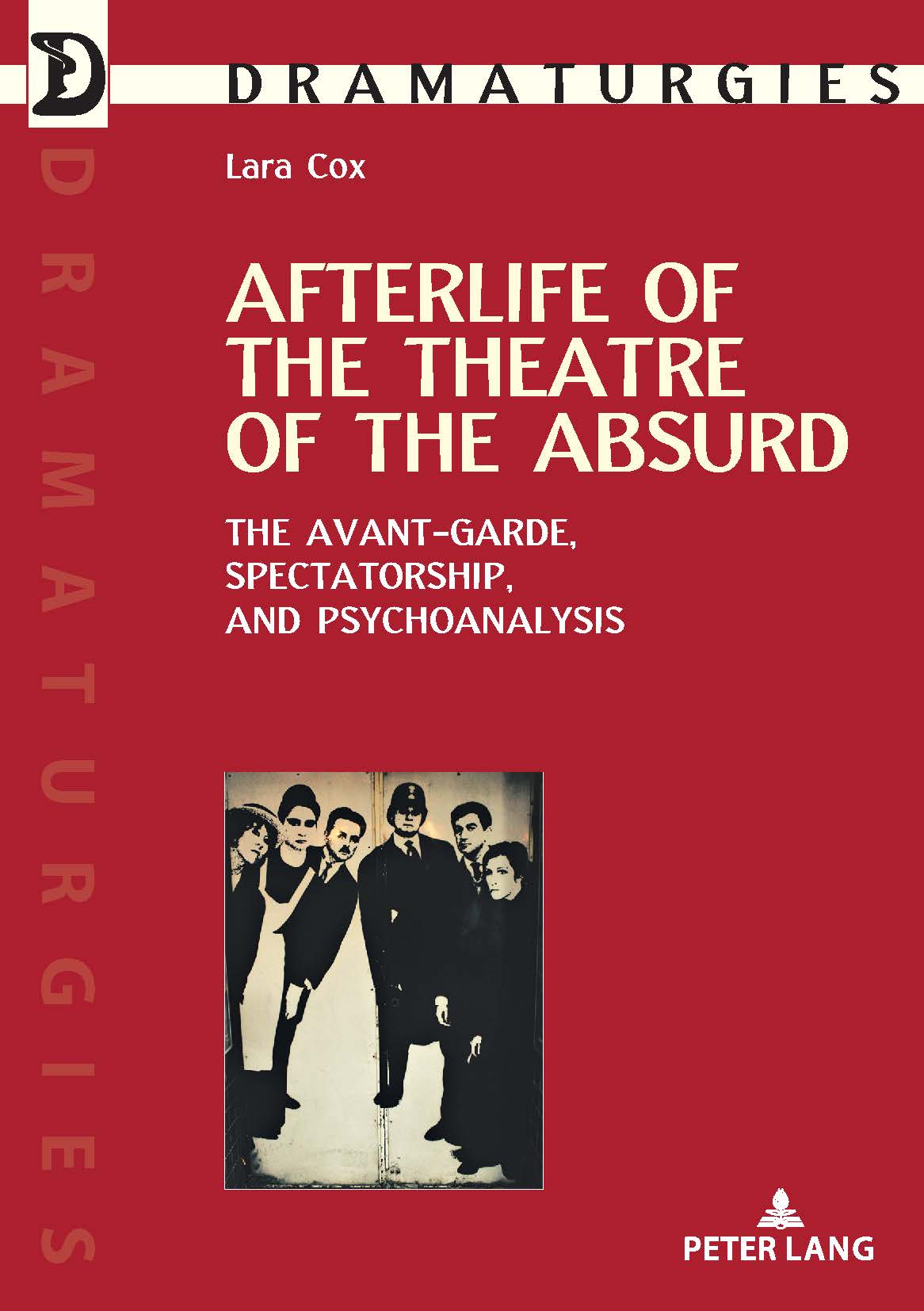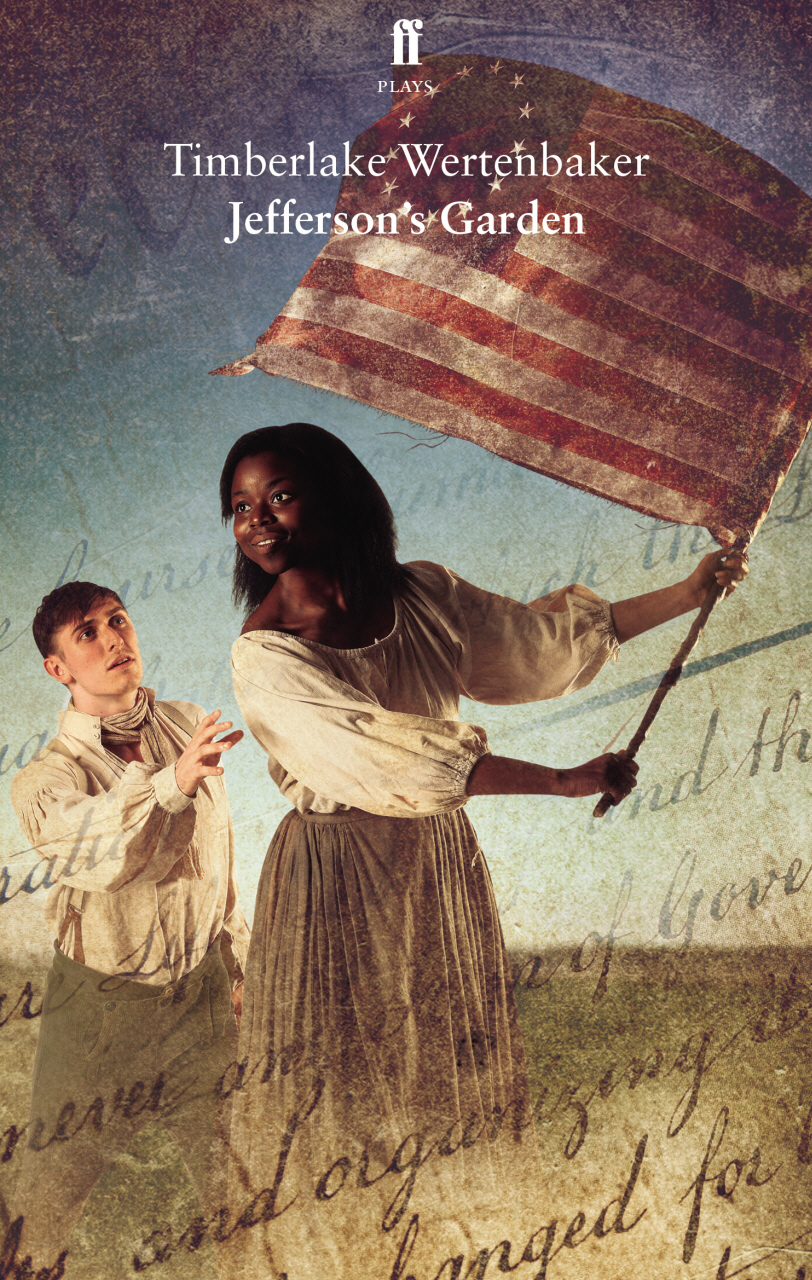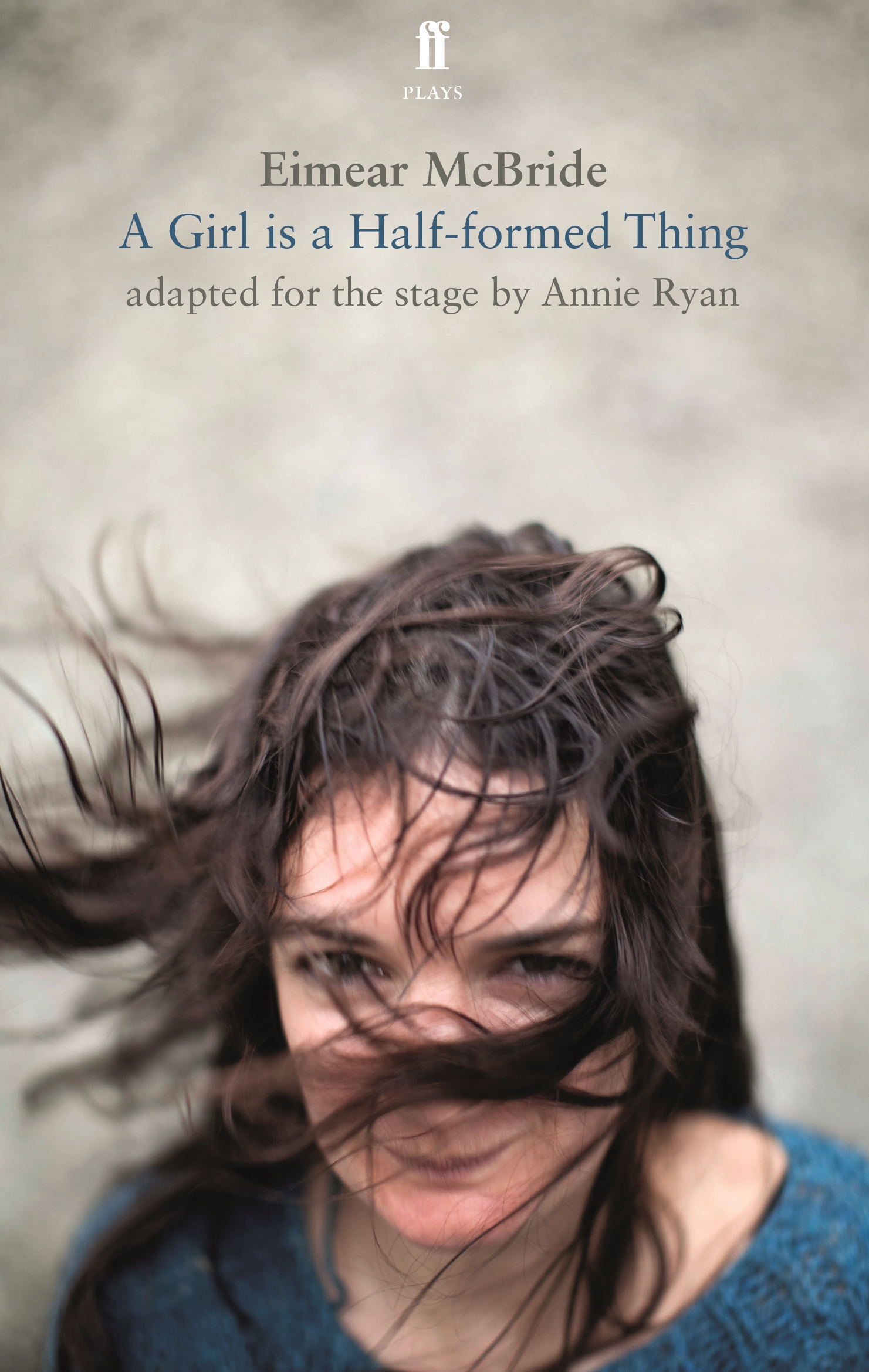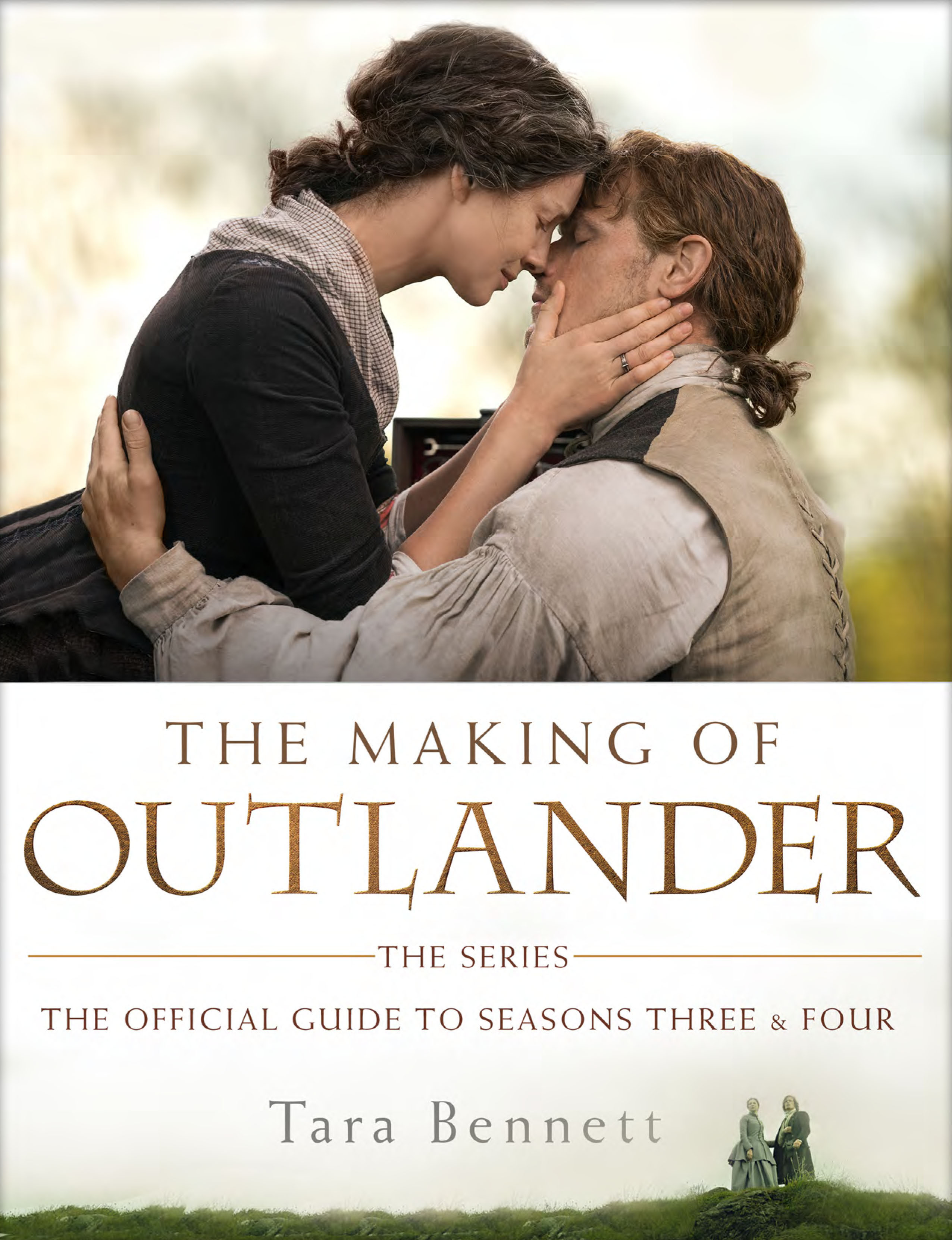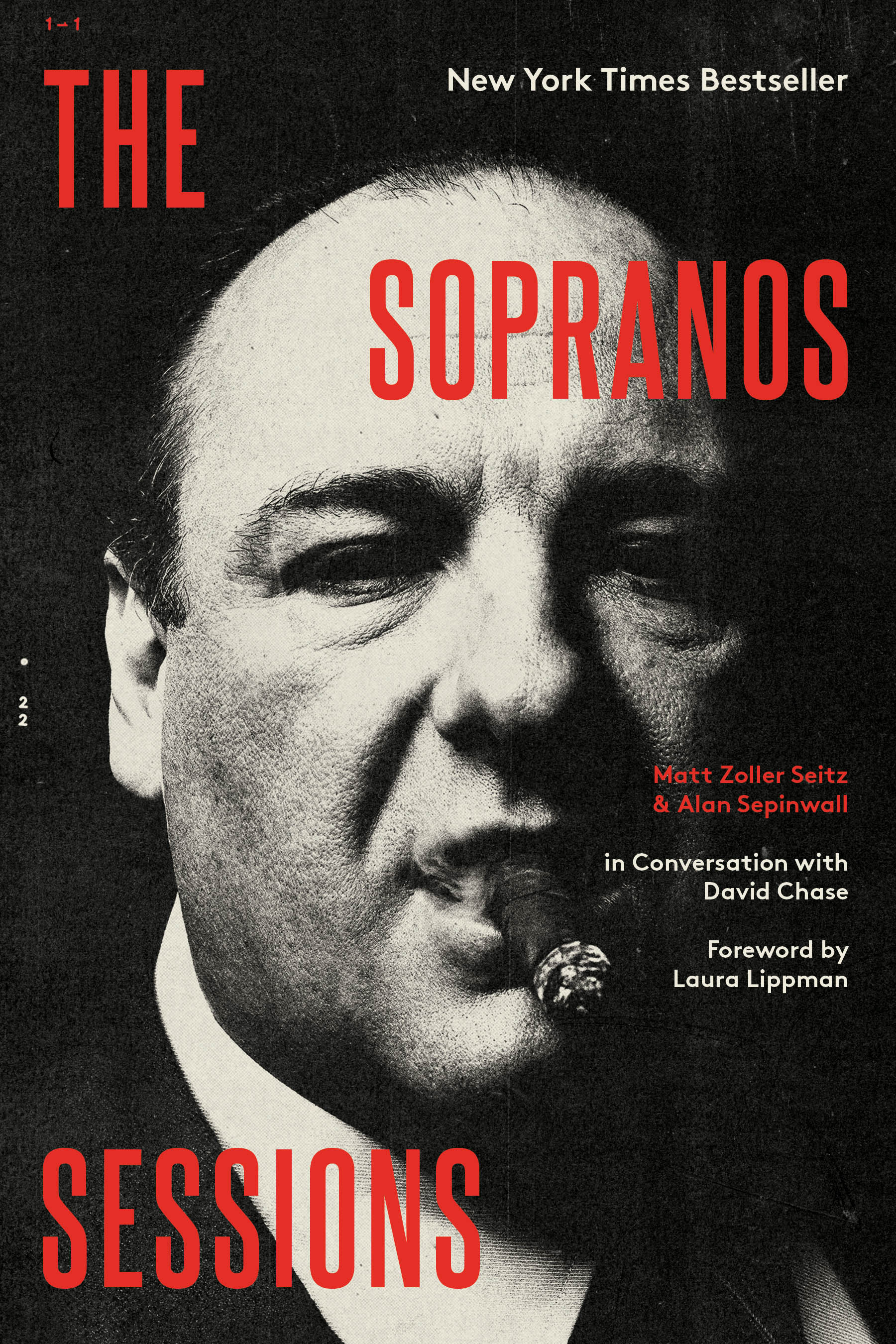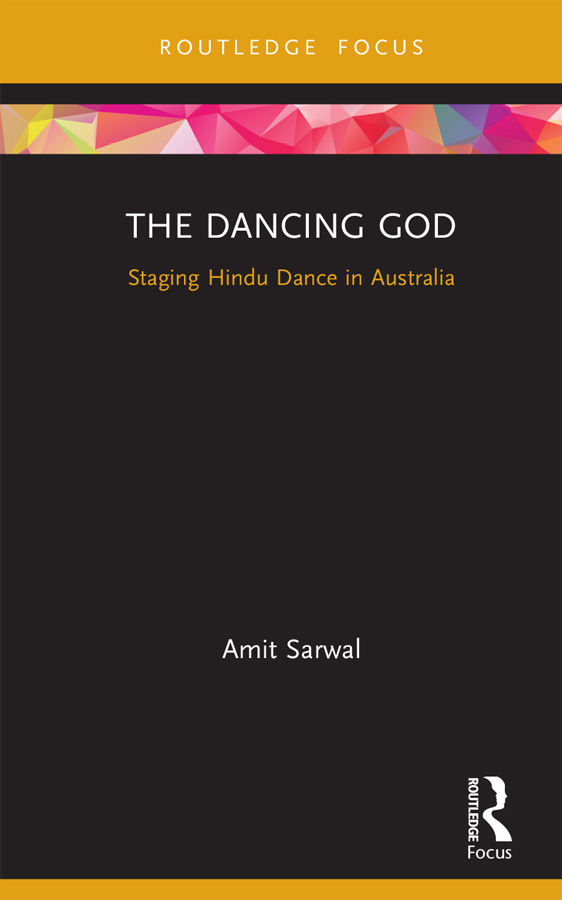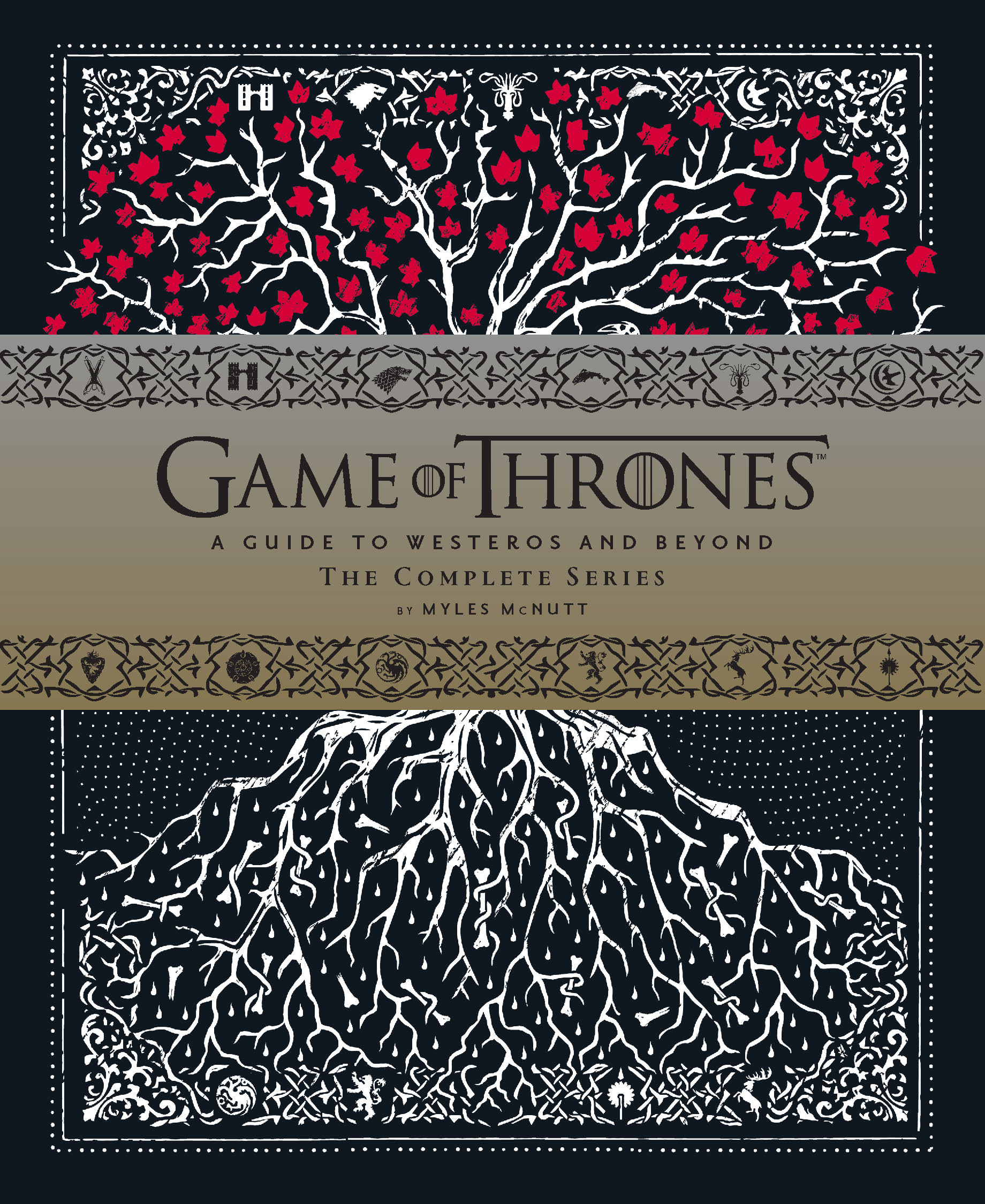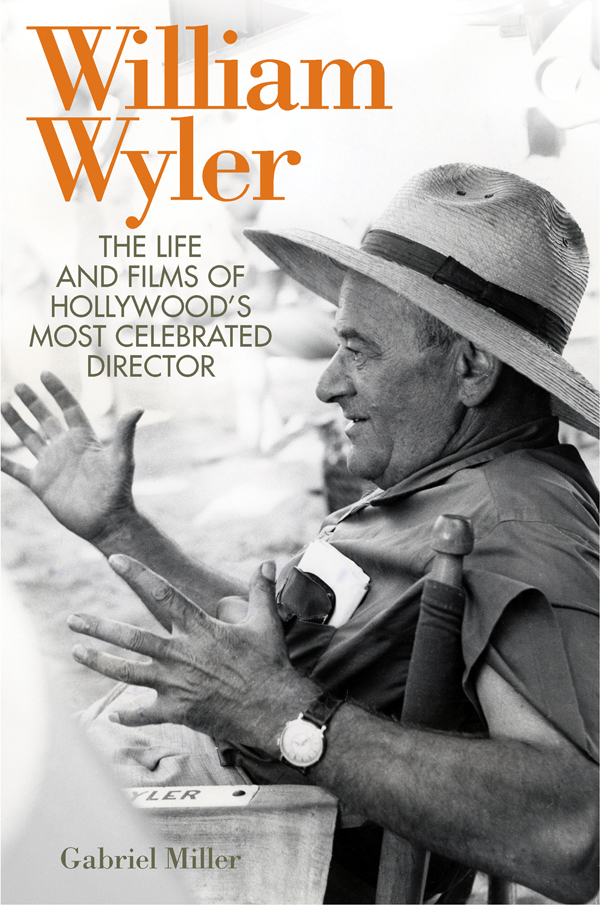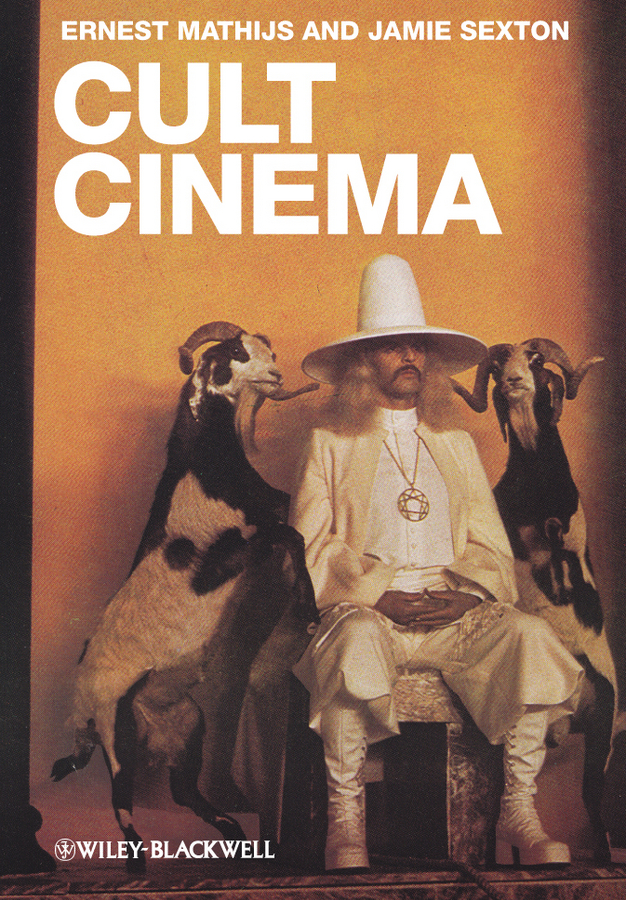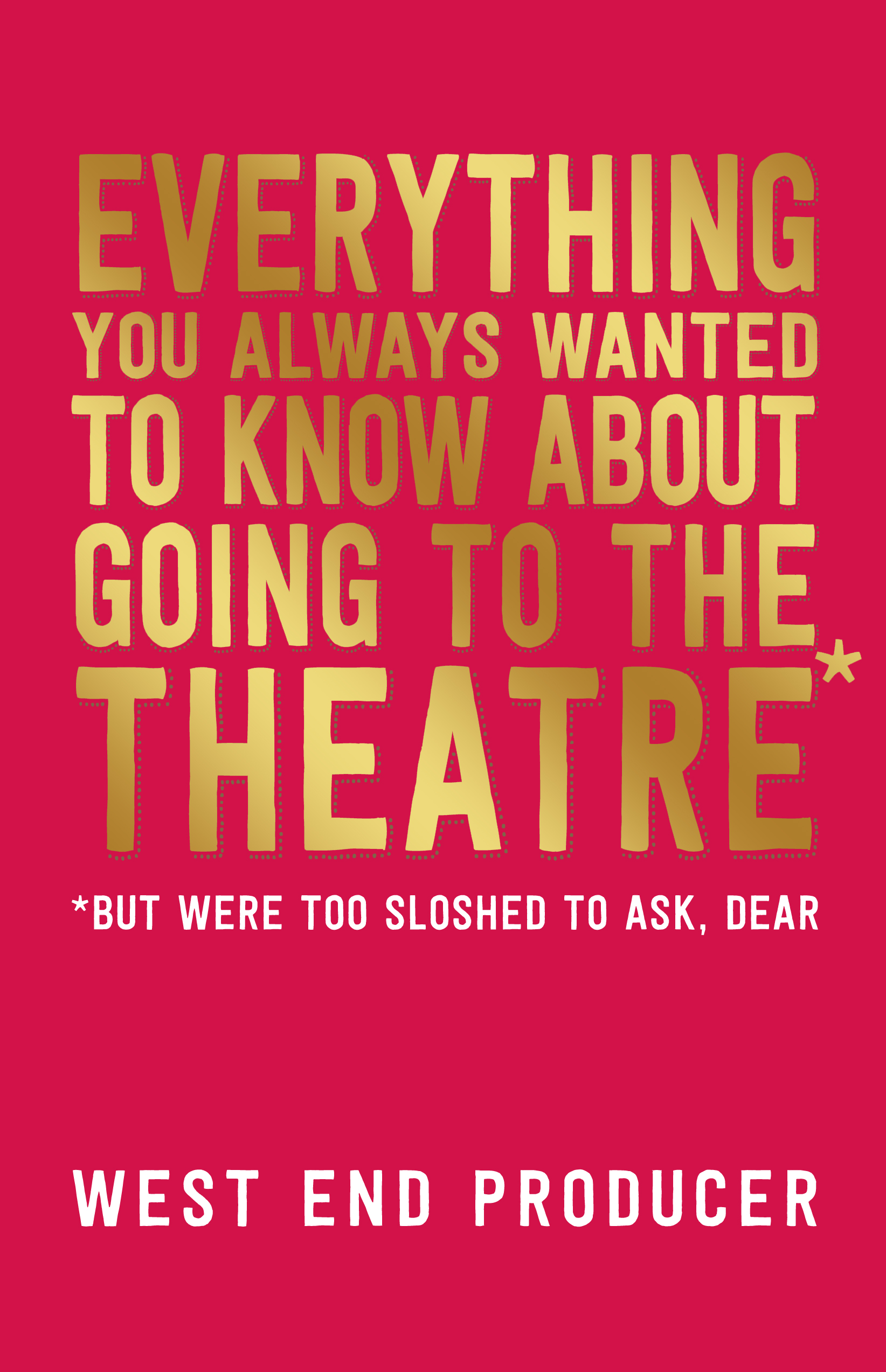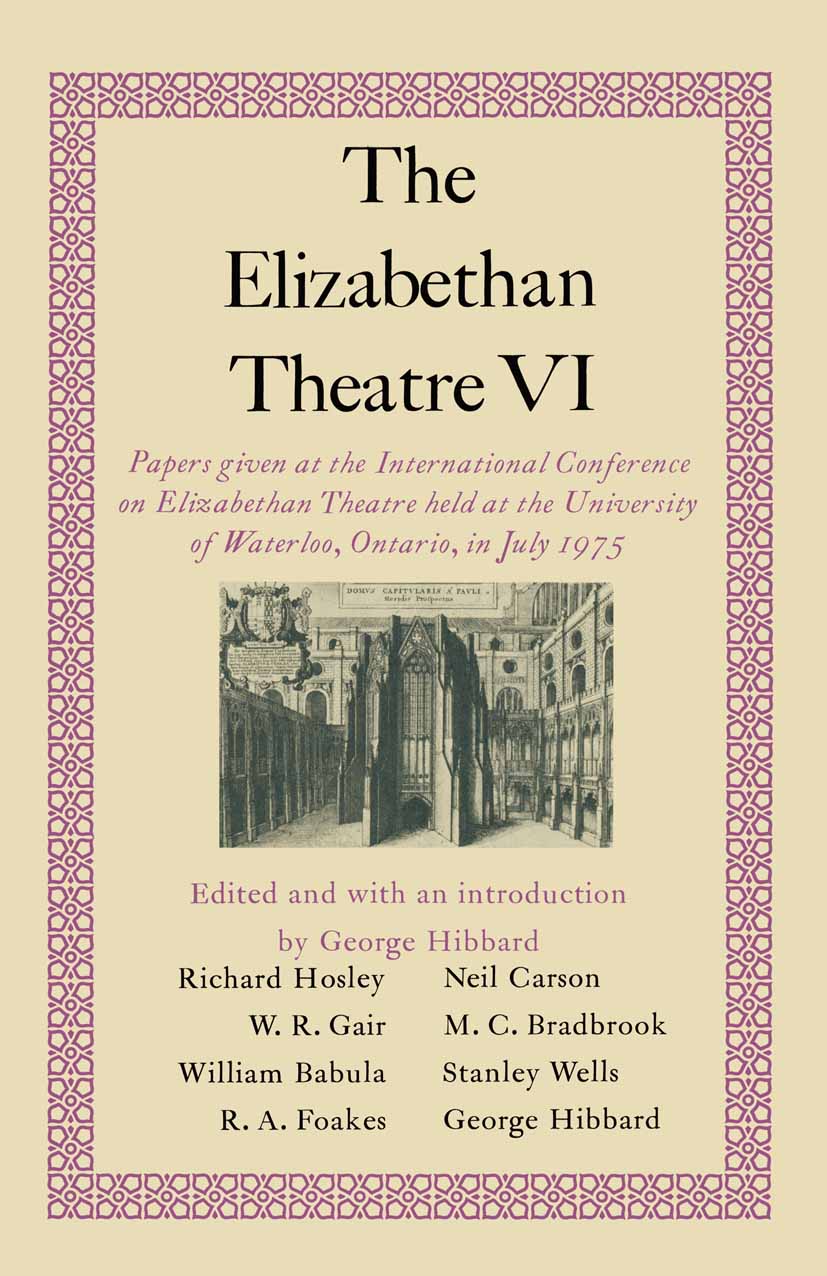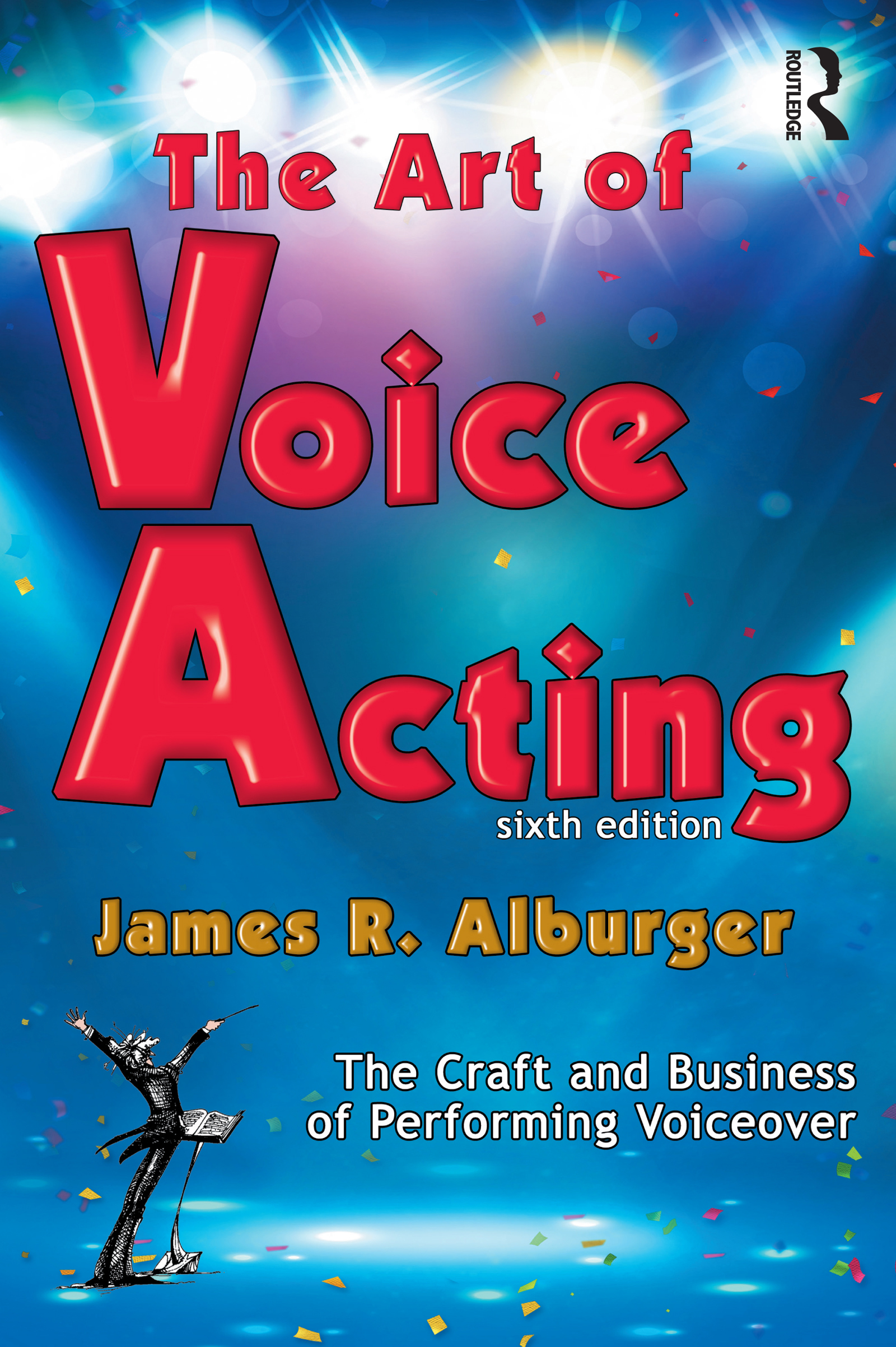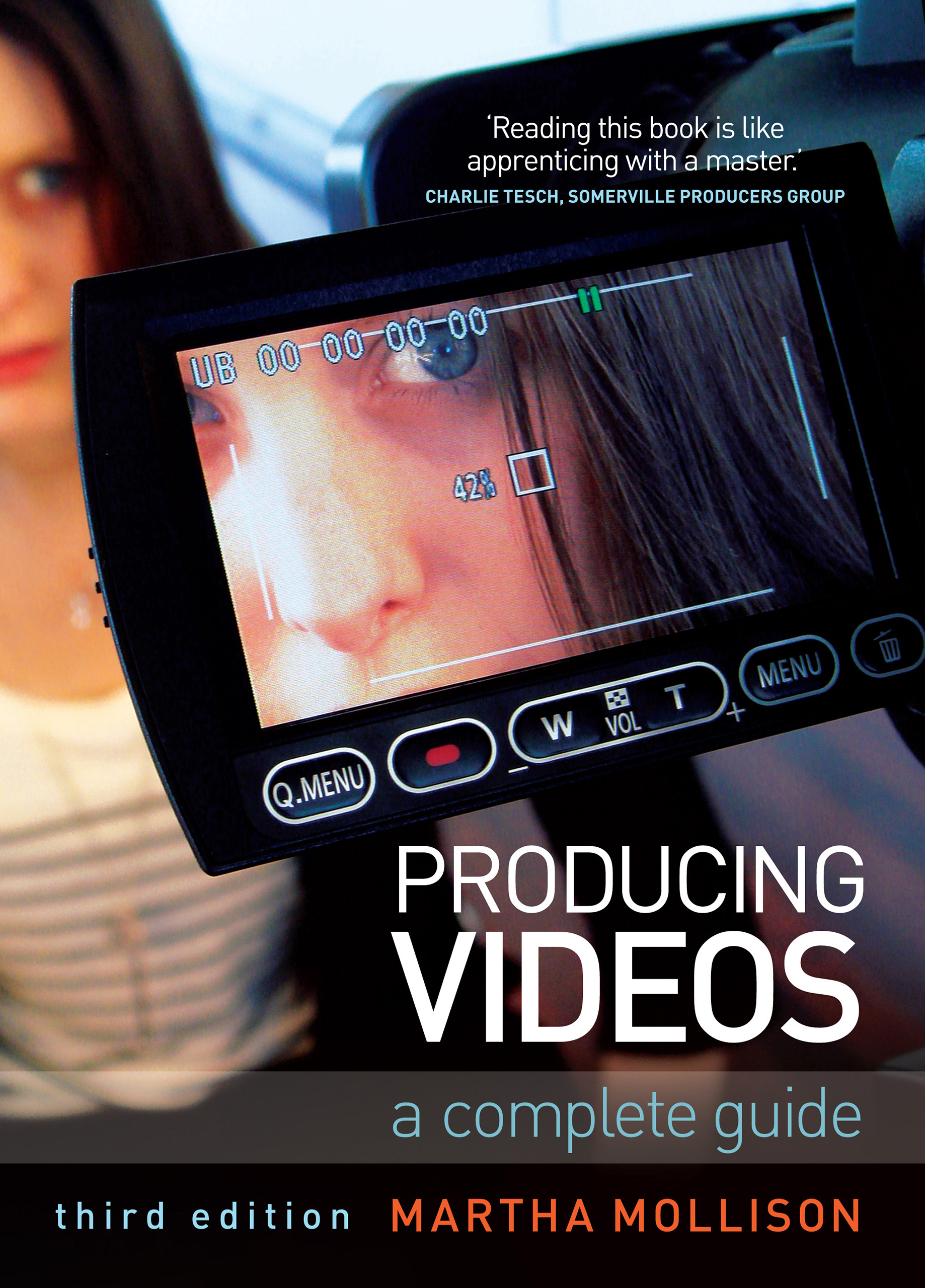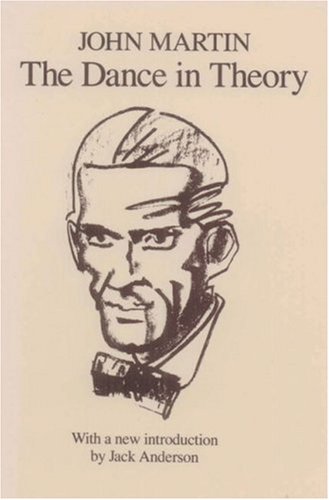
- Browse Category
Subjects
 We Begin at the EndLearn More
We Begin at the EndLearn More - Choice Picks
- Top 100 Free Books
- Blog
- Recently Added
- Submit your eBook
password reset instructions

A major obstacle for the scholar of theatre is the ephemerality of a dramatic performance. How can we know the specifics of an event that has been and gone, an occurrence that can never be repeated? This book proposes that by considering the use of songs within a dramatic production we can gain a deeper understanding of past performances, especially with regard to their communal reception. Why did a playwright employ a certain song? How might it have affected an audience? Arguing that certain song types constitute forms of collective memory, the author explores Irish theatre from the 1950s and 1960s to show that songs are a valuable means by which we can gauge changes in the popular consciousness. By necessity, songs mutate so that they can continue to express and affirm collective memories and therefore fit the zeitgeist of their socio-cultural contexts.
Through its detailed research, this book demonstrates that retrospectively analysing the dramatic employment of well-known songs not only helps us better understand the performances and reception of a selection of Irish plays, but also challenges orthodox narratives of Éamon de Valera’s Ireland.
Less- File size
- Print pages
- Publisher
- Publication date
- Language
- ISBN
- 9 X 6 X 0.8 in
- 314
- Peter Lang AG, Internationaler Verlag der Wissenschaften
- September 29, 2017
- English
- 9783034319157




